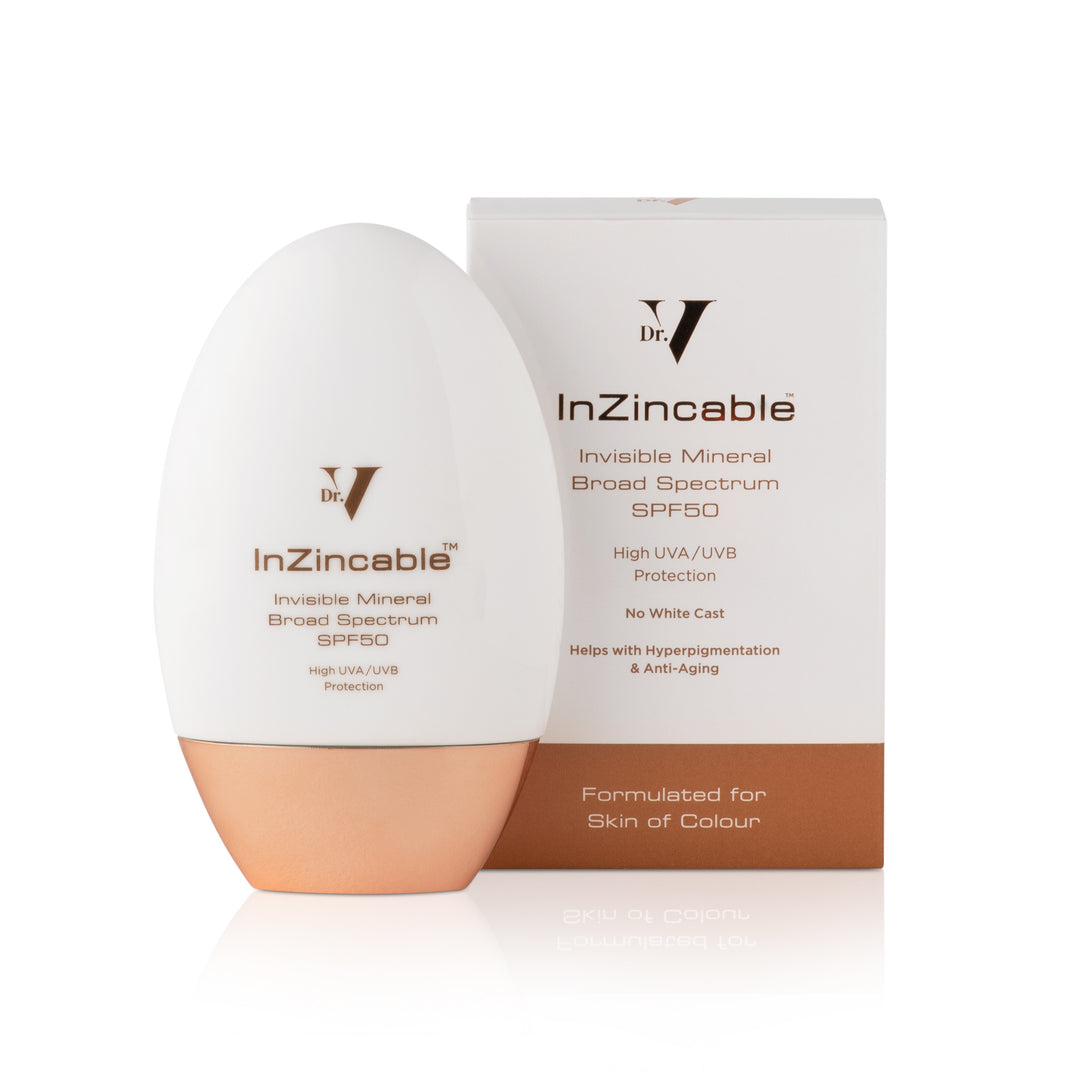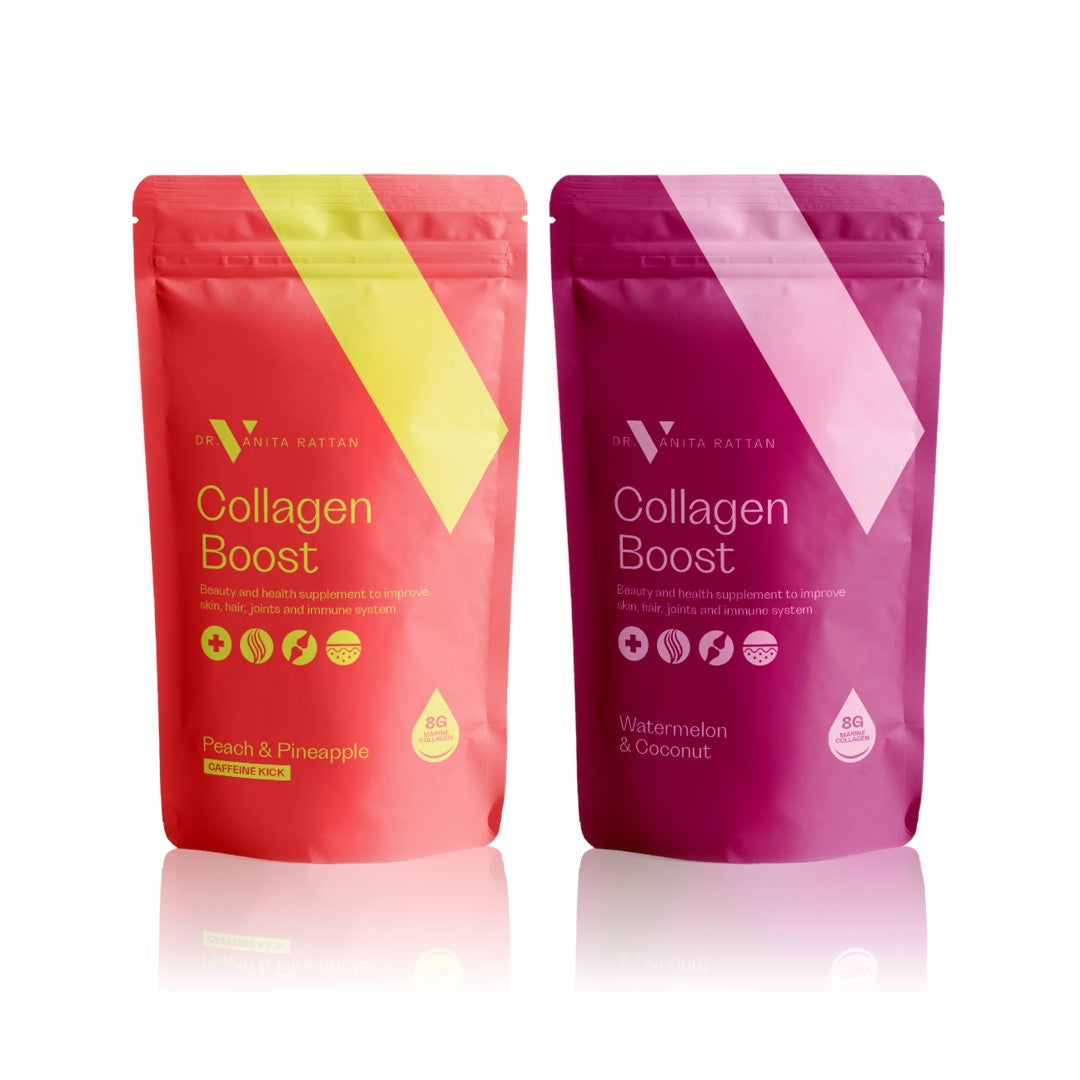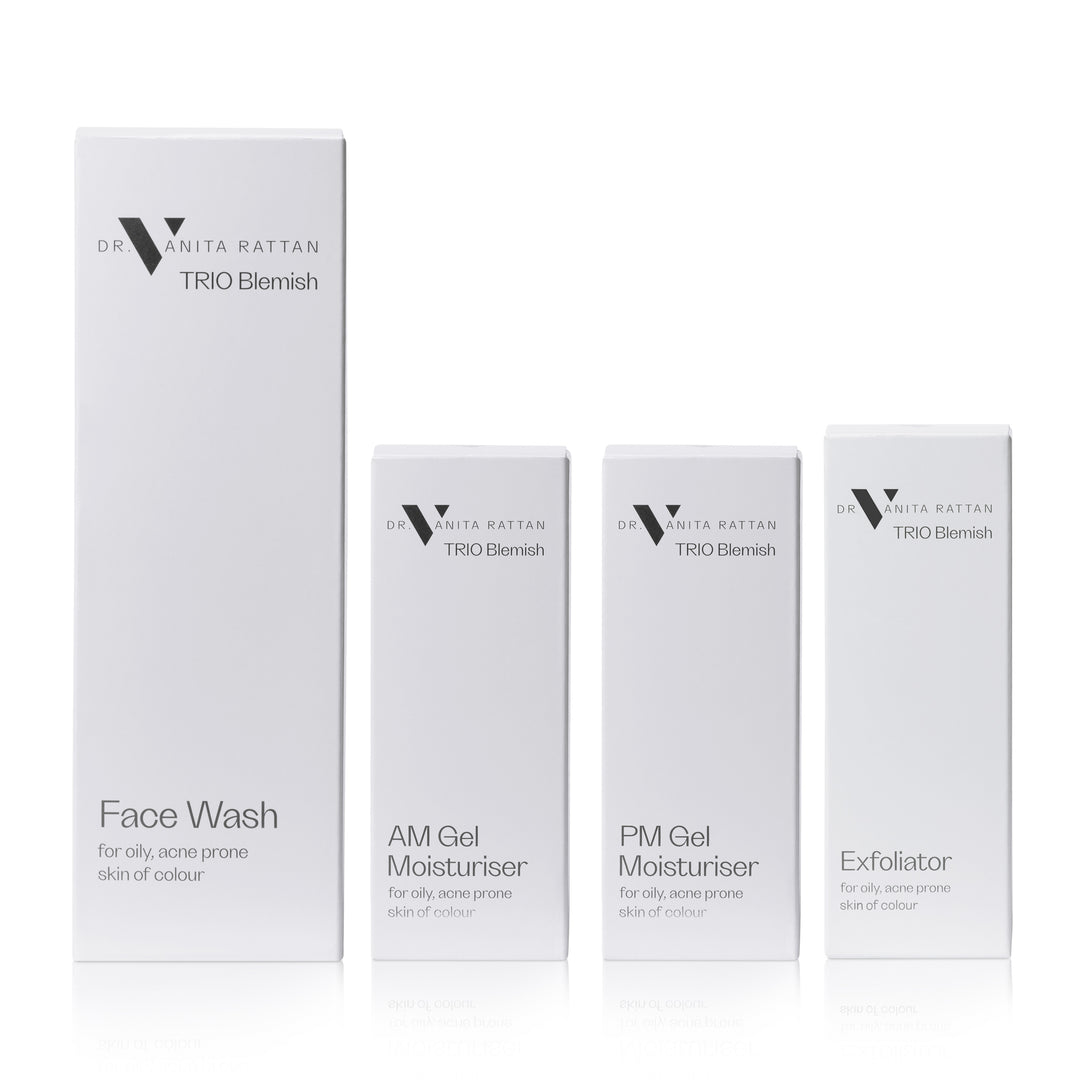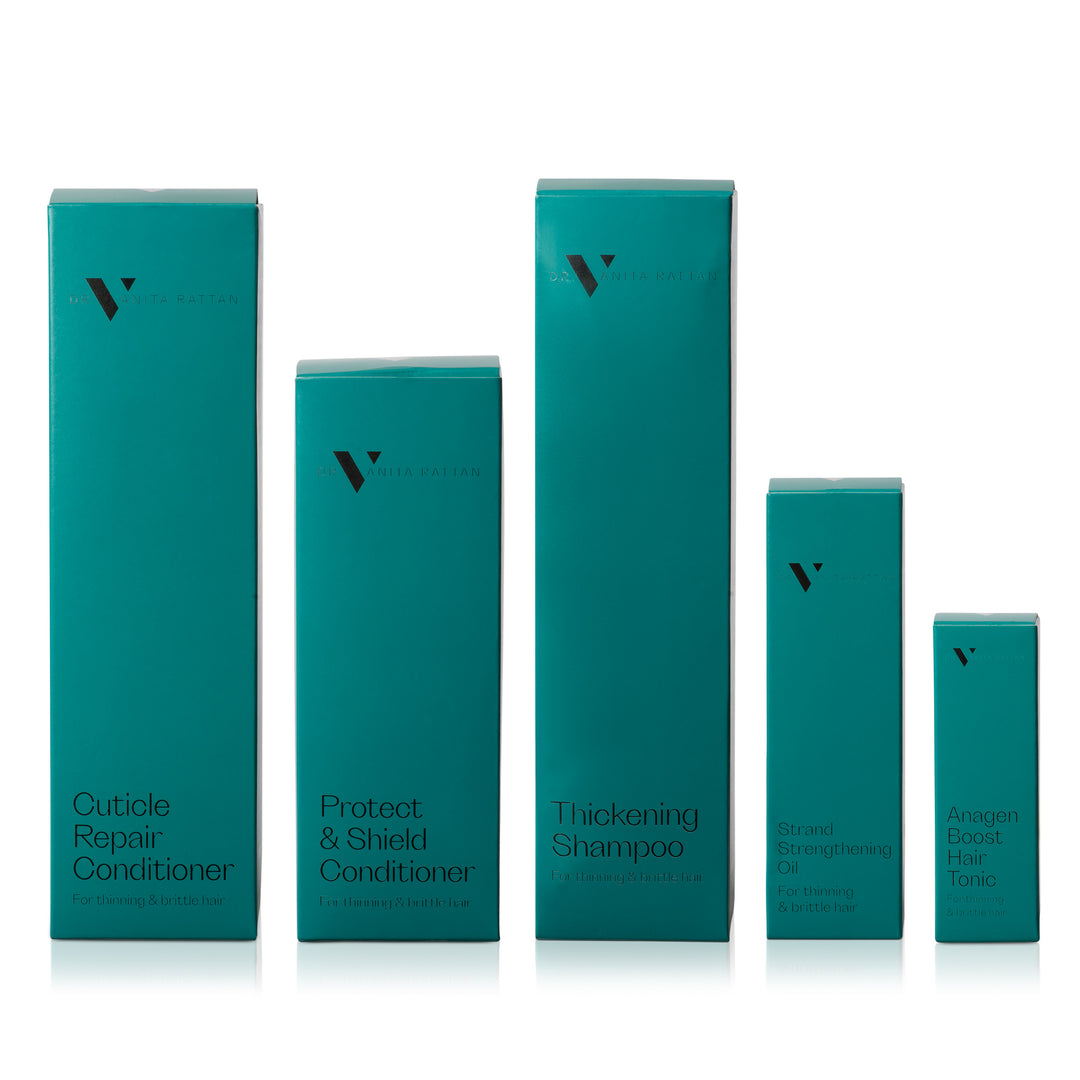How Acne-Prone Are You?

Acne affects everyone differently and understanding how often you experience breakouts can help you tailor your skincare routine for optimal results. Whether you’re dealing with acne once a month, once a week, or daily, adjusting your routine can make a significant difference. Here’s how to determine your acne frequency and adapt your skincare routine accordingly.
1. Monthly Breakouts
If you experience acne once a month, your breakouts might be linked to hormonal fluctuations, such as those associated with your menstrual cycle.
Routine to follow: The good news is you don’t have to change your whole skincare routine to deal with it. You just need to add 2% salicylic acid into your routin a few days before your period start to help prevent occasional acne. This 2% salicylic acid helps control sebum and unclogs pores. Use 2-3 times a week.
2. Weekly Breakouts
Experiencing breakouts once a week suggests a more persistent issue, potentially linked to lifestyle factors, oily skin, or frequently changing skincare products. You don’t want to worsen acne or cause reactions by using the wrong products, as this is more likely to lead to hyperpigmentation.
For oily skin, try Dr. V TRIO Blemish Range to regulate sebum production, unclog pores and reduce marks seen from acne. This range includes four products: face, exfoliator, AM moisturiser and PM moisturiser.
3. Daily Breakouts
Daily breakouts indicate a significant issue with acne that likely requires intensive management. This frequent occurrence suggests a combination of factors, including hormonal imbalances, lifestyle issues, or underlying skin conditions.
Routine to follow: You have the option to try Dr. V TRIO Blemish Range. However, if the condition doesn’t improve, you may need to add medication prescribed by a doctor or dermatologist, such as (but not limited to): Benzoyl Peroxide (ointment, face wash), topical Tretinoin or oral Isotretinoin (Accutane) for severe cases of acne.
FURTHER TIPS
- Use a gentle, non-comedogenic cleanser twice a day.
- Keep skin moisturised (even oily skin needs hydration).
- Avoid picking or popping pimples to prevent scarring.
- Limit dairy & high glycaemic foods, which may trigger breakouts.
- Manage stress, as it can increase oil production.
Bottom line: Stay proactive and adjust your routine based on your skin’s needs. For persistent issues or if you’re unsure how to address your specific acne concerns, consulting with a dermatologist will provide you with the expertise and personalised care necessary to achieve clearer, healthier skin.









